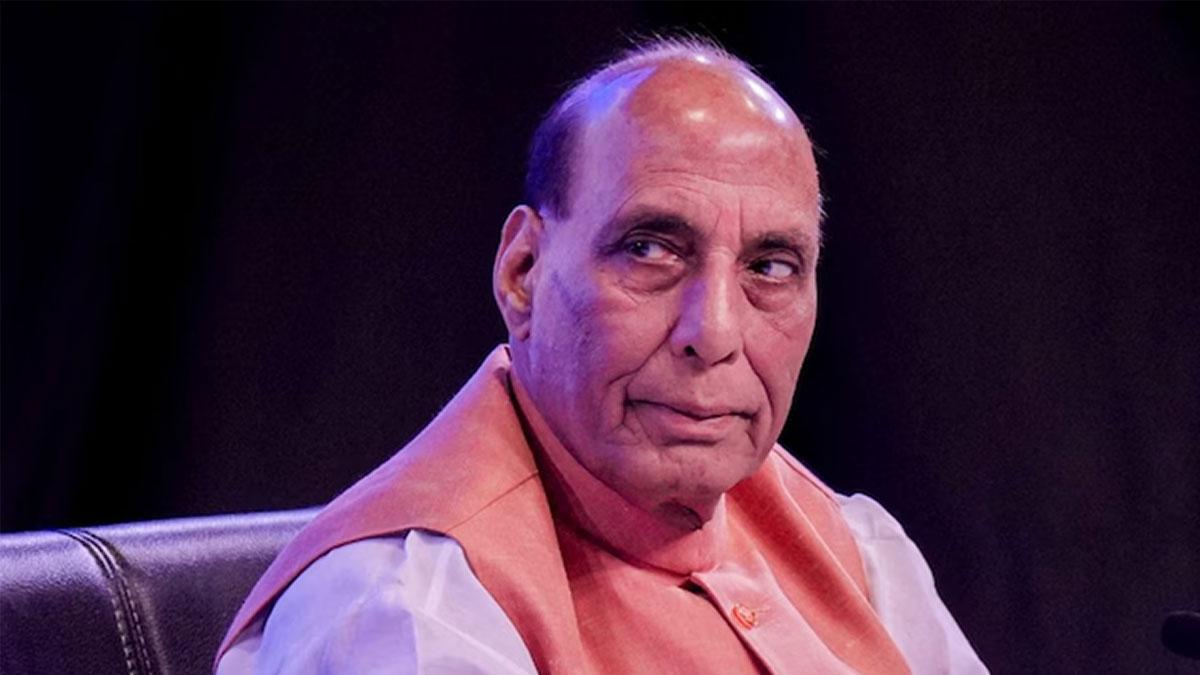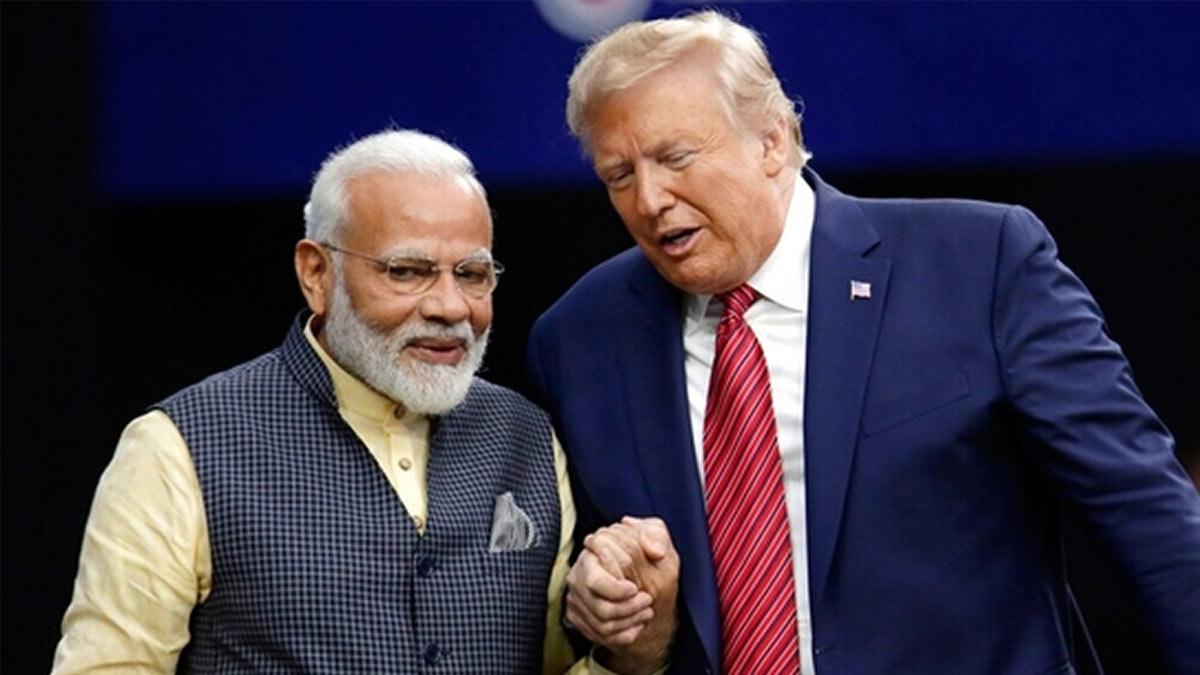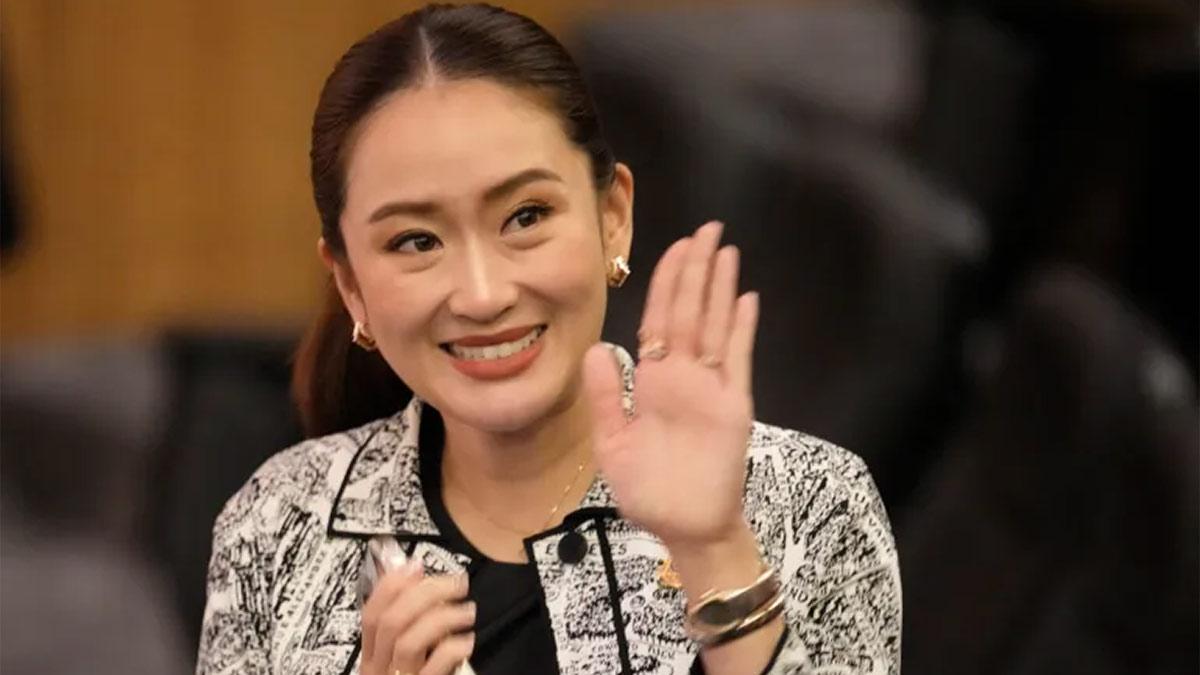On Monday, June 30, 2025, China recognized the complexity of its border conflict with India, saying that it would take time to settle. Beijing also said it was willing to negotiate on the delimitation process as well as the preservation of peace in border areas.
At a bilateral meeting of Chinese Defence Minister Dong Jun in Qingdao on June 26, Indian Defence Minister Rajnath Singh suggested a phased framework to resolve the current tension. Under the scheme, he proposed a step-by-step de-escalation and rejuvenation of the body responsible for boundary demarcation.
The two leaders had their conversation on technology cooperation on the sidelines of the Shanghai Cooperation Organisation (SCO) summit in the coastal Chinese city, with a major priority being the preservation of peace and stability on the Line of Actual Control (LAC).
In response to queries regarding Singh's proposal, Chinese Foreign Ministry spokesperson Mao Ning re-emphasized the presence of the Special Representatives (SRs) dialogue mechanism on boundary issues. She said, "What I can tell you is that China and India have set up the Special Representatives (SRs) mechanism on the boundary issue and achieved the Agreement on the Political Parameters and Guiding Principles for the Settlement of the China-India Boundary Question."
She further said that the two countries have diplomatic and military communication mechanisms. "China is willing to keep communication with India on matters such as delimitation negotiation and border management, together keep the border regions peaceful and calm, and support cross-border exchange and cooperation," Mao said.
Mao explained when questioned why the conflict has not yet been resolved after 23 rounds of negotiations between SRs, "The boundary question is complex and takes time to settle it." She went on to say, "The good aspect is that the two nations have already put in place mechanisms at different levels for thorough communication.". We hope that India will walk along with China in the same direction, remain in touch with each other on matters of concern and together maintain peaceful and serene conditions at the border areas.
The 23rd SR-level talks, conducted in December last year between Indian National Security Adviser Ajit Doval and Chinese Foreign Minister Wang Yi, were the first at a high level after tensions broke out along the Western Sector of the border in 2020. The meeting embraced the developments on the October 2024 disengagement agreement under which the two sides could resume patrolling and grazing in certain regions.
In his conversation with Dong, Singh emphasized the need for creating "good neighbourly conditions" to make mutual benefits a reality. He emphasized the necessity of "action on the ground" so that faith is restored, which was badly damaged during the 2020 confrontation along eastern Ladakh, as per an Indian government statement.
Singh also highlighted the recent Pahalgam terror attack on civilians and apprised his counterpart of India's current Operation Sindoor, which involves breaking up terror organizations based in Pakistan.
The defence talks at the high level form a part of a larger endeavor by both India and China to reboot their bilateral relationship, following last October's agreement on ending the military standoff in eastern Ladakh.
Read also| Elon Musk Threatens to Launch ‘America Party’ If Trump’s ‘Big, Beautiful Bill’ Passes
Read also| Pakistan, China and Bangladesh Plot New Regional Bloc to Supplant SAARC, Report Says


















